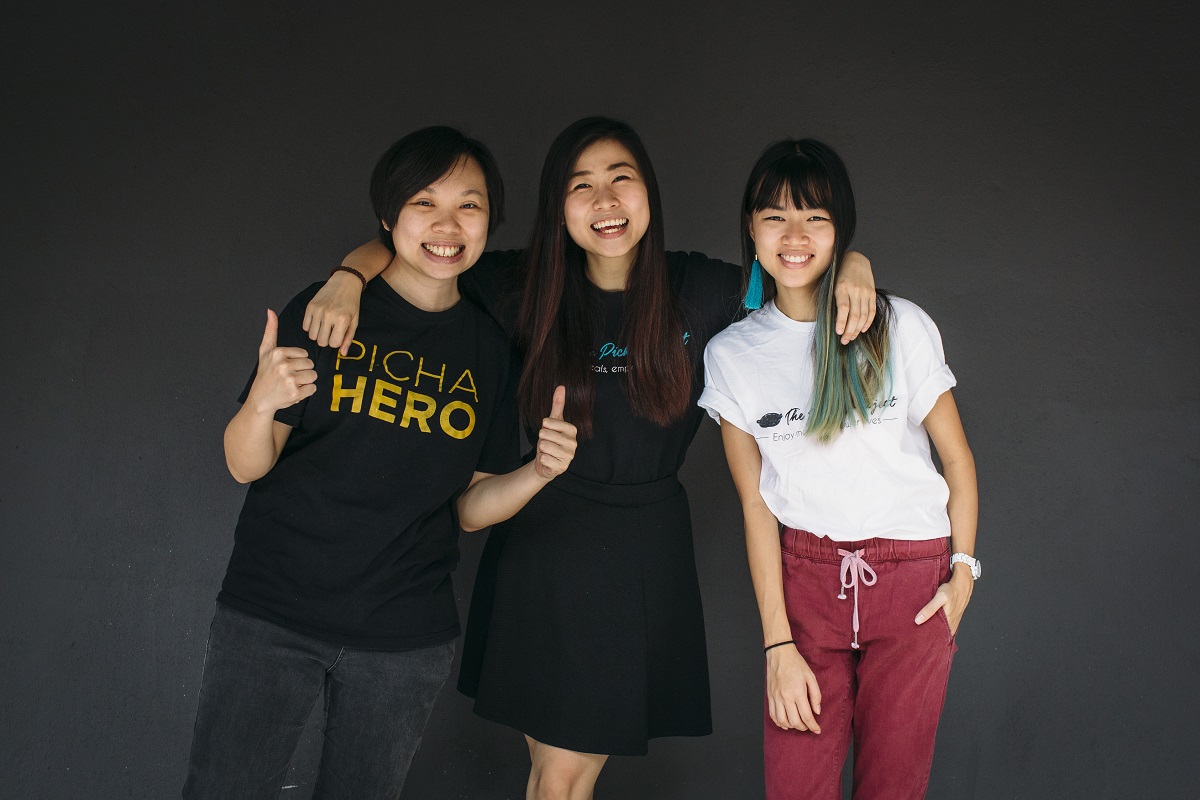
When Lee Swee Lin, Suzanne Ling and Kim Lim started The Picha Project in early 2016, they had no idea what ‘social enterprise’ meant. The idea for the project had its roots in elementary practical problem solving, when the trio attempted to prevent their refugee student from dropping out of the learning centre where they volunteered.
“Picha was the student’s name. He was about to drop out because he needed to work to support his family who were living in Malaysia. We were trying to do something to enable Picha to continue his studies in the learning centre,” Lee tells Live! within the walls of her home office in Sentul, Kuala Lumpur.
The objective was to help Picha’s family to increase their income, so that Picha didn’t have to drop out to support the family. Unfortunately, refugees are not permitted to work in Malaysia, so it was impossible for Lee and her partners to secure the parents some form of permanent employment.
Luckily, a grey area exists, allowing refugees to work as “freelancers”.
The three girls then “recruited” Picha’s parents to cook the delicacies of Myanmar, their homeland, and sell the food in the market in the form of catering, prep-meals or lunch and dinner boxes.
The model worked fairly well and soon extended to more refugee families. Today, The Picha Project has “recruited” 15 refugee families, served some 80,000 meals, and the value given back to the refugee community of Malaysia has totalled up to rm800,000.
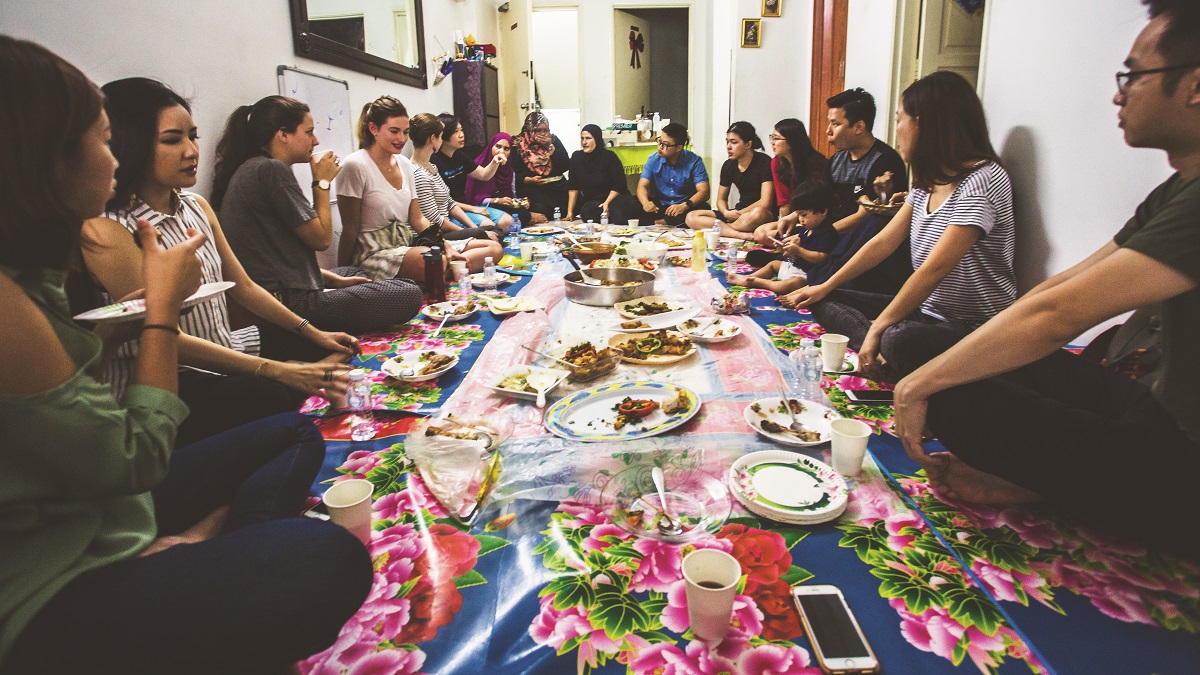
Lee describes The Picha Project as the agent between the refugee families and end-customers. They work out the menu with the refugee families and monitor the hygiene of the cooking environment, while updating new menus, managing relationships with existing customers and developing new clientele.
“We never expected that the project would grow as it has. We didn’t even know what social enterprise was until we were invited to more and more relevant conferences, which encouraged us not to stop at only helping Picha’s family. Because Picha is not the only unfortunate refugee here, he is one of 150,000 refugees in Malaysia,” she says.
Moving forward, Lee says that The Picha Project will diversify from catering to fast moving consumer goods (FMCG), such as packaged homemade cookies.
“Catering has its peak and low seasons, so in order to sustain the living and income of the refugee families, we are exploring the FMCG market, [with products] such as packaged cookies and pastries, which are less affected by the season,” Lee adds.
“We always tell our customers that as they [refugees] are putting food on your table, you are putting food on theirs. We truly believe in this and hope that The Picha Project will continue to extend a helping hand to more refugees in Malaysia,” Lee concludes.
The Picha Project
Contact: (012) 679 4353
Facebook: thepichaproject
Website: pichaproject.com
This report is part of the "Food For Thought" segment in Live! 2019.
This story first appeared in Live! 2019 magazine. Download your copy of the magazine here.
TOP PICKS BY EDGEPROP
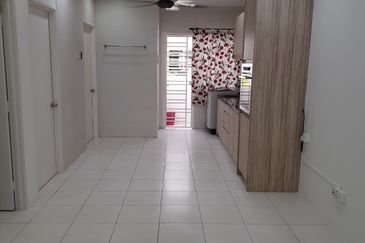
Pearl Villa Townhouse
Bandar Saujana Putra, Selangor
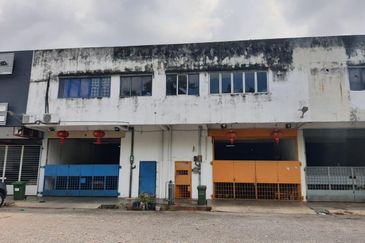
Taman Perindustrian Bukit Serdang
Seri Kembangan, Selangor
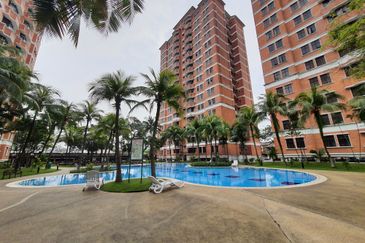
Putra Indah Condominium
Seri Kembangan, Selangor
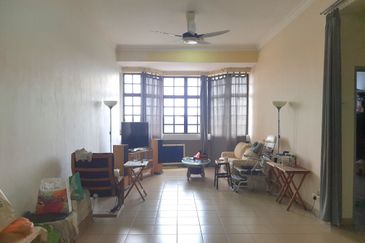
Putra Indah Condominium
Seri Kembangan, Selangor

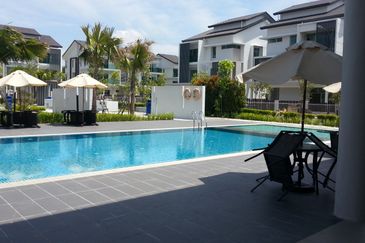

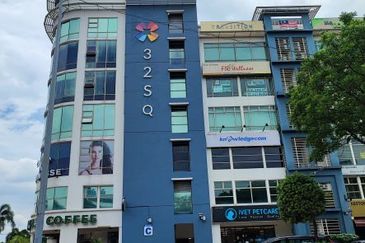
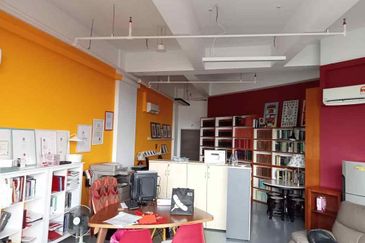
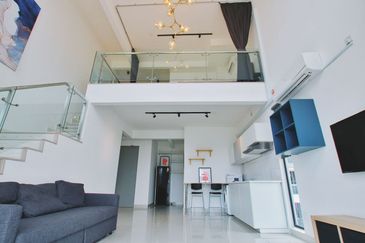
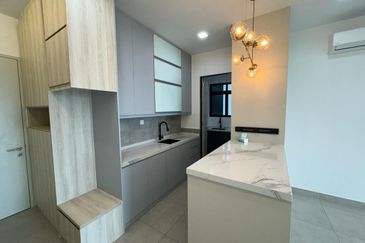



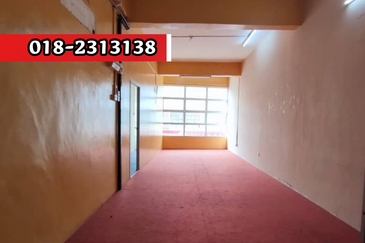


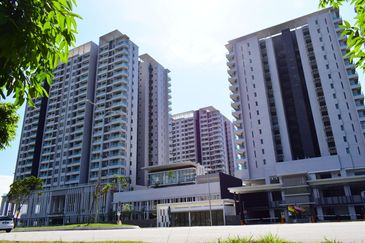
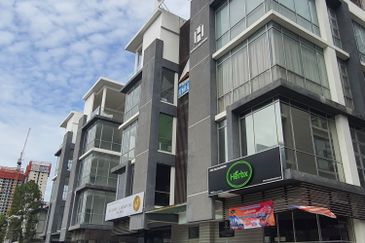
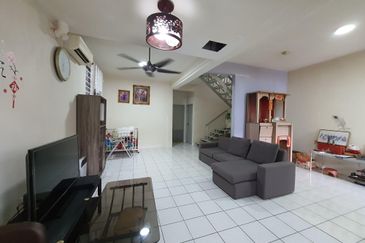
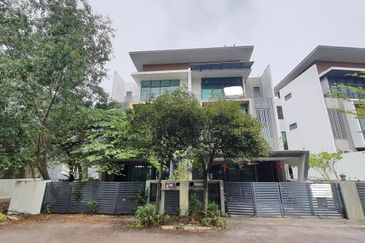
hero.jpg?GPem8xdIFjEDnmfAHjnS.4wbzvW8BrWw)



